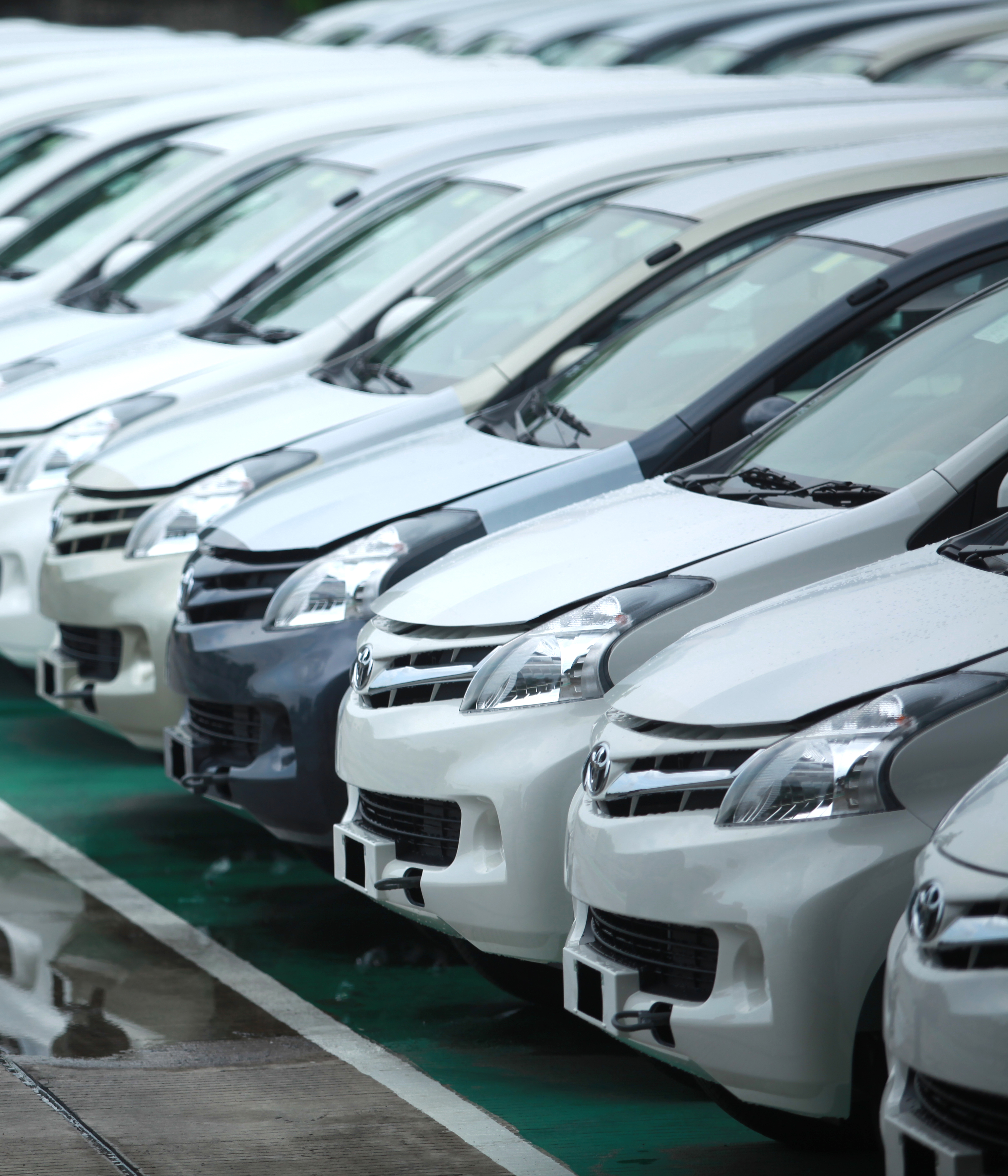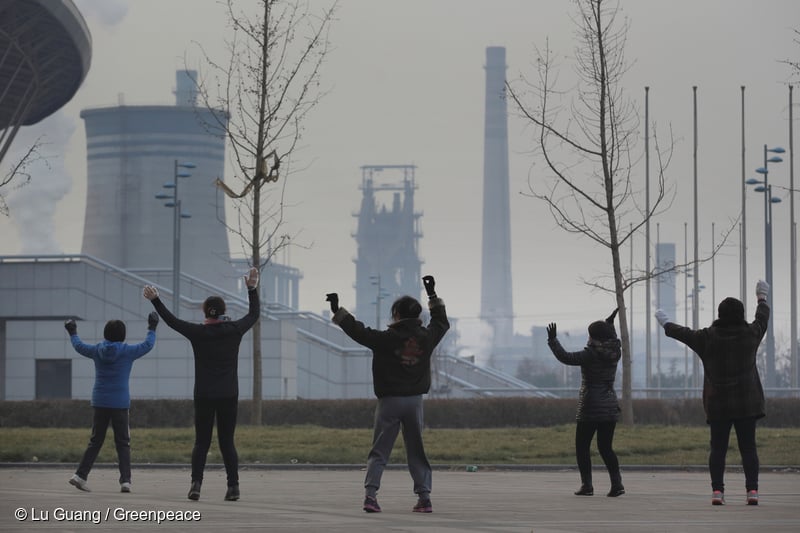BEIJING – At least 50.4 gigawatts (GW) of new coal power was approved across China in the first six months of 2023, new research from Greenpeace East Asia shows, raising concerns not only about emissions but also whether key climate solutions like energy storage can scale up properly in an energy sector where coal continues to dominate, consuming limited resources and blocking energy storage’s application.
“We see a lot of new wind and solar and a lot of new coal. Our major concern now, aside from the obvious emissions problem, is that energy storage remains sidelined despite the key role it needs to play in the near future. Building renewable energy but no energy storage is like building wheels but no axel. The energy transition isn’t just about buckets of wind and solar, but also the infrastructure that will tap those power sources into meeting electricity demand. Energy storage is a top concern for China. It’s not just about building up a new power supply. It’s about designing a system that will meet electricity demand,” said Gao Yuhe, a Beijing-based project leader with Greenpeace East Asia.
Greenpeace East Asia reviewed project approval documents, finding that the 20.45 GW of new coal approved in the first quarter of 2023 has now grown more than doubled to 50.4 GW by the end of the second quarter. Across these six months, the provinces approving the most new coal in 2023 so far include Hebei with 7.71 GW, Jiangsu with 7.3 GW, Shandong with 6.68 GW, Guangdong with 6 GW, and Hubei with 5.35 GW.
A separate analysis by Greenpeace East Asia last week looked at which provinces are pursuing energy transition solutions by tracking top province’s “key project lists”. Results showed a 106.3% increase in the number of energy storage projects prioritized on Guangdong’s key project lists between 2021 and 2023, along with a 41.2% increase on Jiangsu’s, and 38.6% on Zhejiang’s. The analysis suggests Guangdong and Jiangsu are emerging as potential hubs of green manufacturing. Even among the leading regional economies analyzed, however, renewable energy projects only made up 10% of all projects in Jiangsu and less than 4% in Guangdong, Zhejiang, and Shanghai.
“It’s clear that there’s money to be made in becoming a green manufacturing hub. Provinces are cued in on that. But there is not adequate guidance from the central government. China’s race to lead the green economy has begun. But the competitors are just guessing which way to go. Provinces need to develop clear guidance. And in China that requires policy signals from the central government. Coal is the problem. The signal remains that coal is still an option. The race has begun but there’s still coal on the course,” said Gao.
China’s National Development and Reform Commission last week announced efforts to add flexibility to power grids and build energy storage capacity to avoid outages, which are key issues in China’s power system.
“Continued coal deployment impedes the development of energy storage because they have virtually no supplementary application to one another. Energy storage enables flexible electric grids that coordinate frequent changes in the direction of electricity transmission among multiple electricity generation sources. Coal plants, on the other hand, take a long time to power up and cool down. They do not switch on or off efficiently in terms of emissions or costs. Coal plants engender an inflexible, unidirectional grid management where the coal plant remains on, even if demand momentarily dips. So long as provinces rely on coal, the application of energy storage is curtailed. This is a risk because China’s energy transition and the application of renewable energy at scale will require comprehensive development of energy storage,” said Gao.
Greenpeace calls for an end to new coal approvals in China, and a systematic policy shift to support not only wind and solar, but also the green energy solutions like energy storage that will be central to China’s energy transition starting today.
ENDS
To read the full research briefing (in Mandarin Chinese) click here.
For media enquiries please contact:
August Rick, Greenpeace East Asia, Beijing, ([email protected]), +86 175 1040 4599
Greenpeace International Press Desk, [email protected], +31 20 718 2470 (24 hours)



